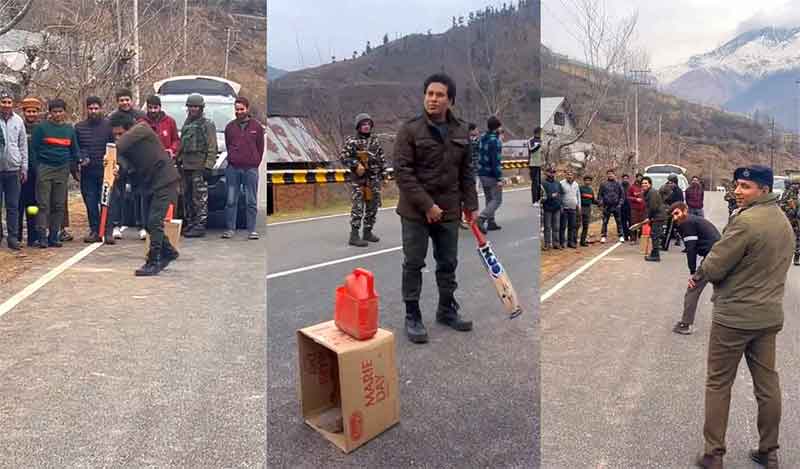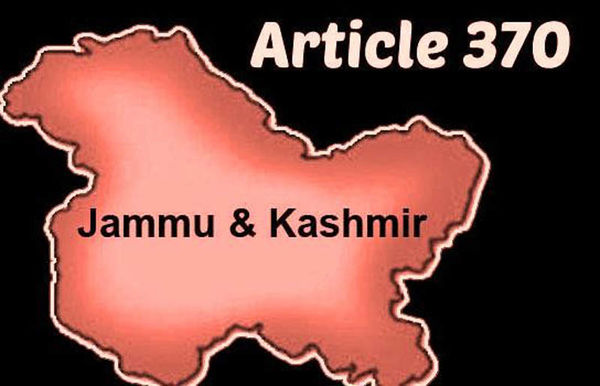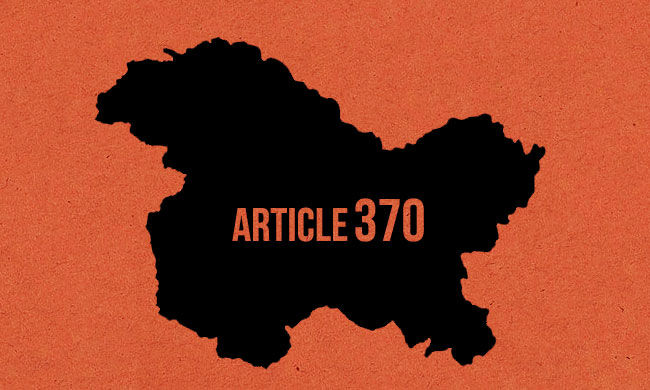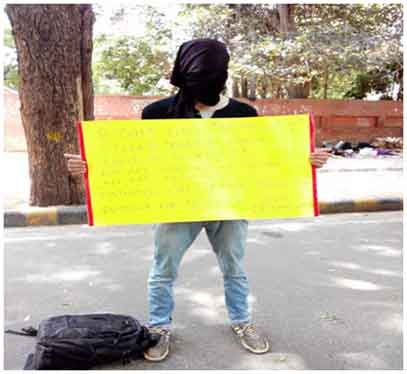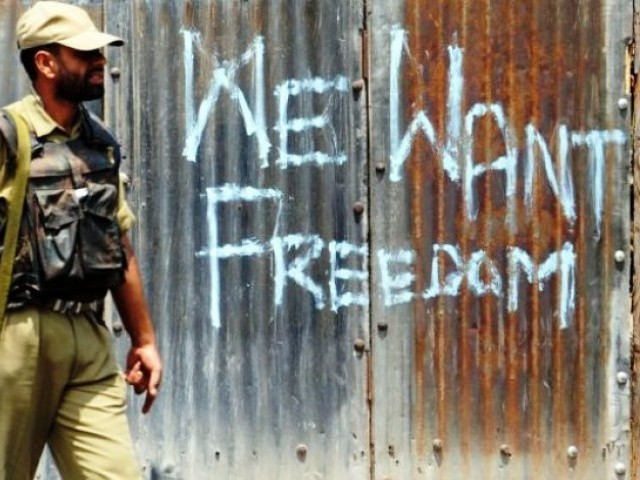
After the killing of Hizb commander BurhanWani, loudspeakers in mosques across Kashmir were abuzz with pro-freedom songs. An atmosphere of emotional commotion prevailed and sentiments were high. After Burhan’s killing, Kashmir witnessed one of the longest and largest strikes in her history under Indian occupation (Jean Dreze calls it one of the longest in Indian history, Kashmir’s Hidden Uprising, The Indian Express, December, 05, 2016). Curfew was imposed and without any provocation the state and its agents would resort toindiscriminate force and violence. All the while communication network across the valley remained suspended. In fact, internet services still remain suspended to a large extent. Much has been written about the various aspects of the prevailing situation in the valley but no serious attempt has been made to understand the use of the mosques as the sites of resistance.
Demographically, Muslims are in majority in the Kashmir valley. In every village and town, one would find one or more mosques. So it can be argued that the mosques would have wider coverage in mobilizing people and organizing protests. In past, particularly during Friday prayers, most of the preachers will ask people to stand against Indian atrocities but the practice has gained impetus in recent times (particularly last few years). Conglomerate of separatist group issue protest calendar and ask people to use the mosques during specified time periods for playing pro-freedom songs. The separatists are well versed of the fact that the mosques can be helpful in mobilizing people in a short span of time. They also know that mosques are sites were state has no control. The sheer numbers of mosques in the valley makes it difficult for state to effectively monitor or keep them under surveillance. Since most of the population is Muslim and Kashmiri struggle to large extent reflects this Muslim sentiment, the appeal of the mosques as sites for mobilization of masses is verytempting. These are some benefits of using the mosques as the sites of resistance.
In my opinion some serious damages accrue from use of the mosques as sites of resistance. The separatist groups in Kashmirare undemocratic and elitist in nature and are fomenting an unorganized revolution. The grass root mobilization is absent in Kashmir. The separatists, aware of the fact that they have failed organizationally, try to fill the gap by mobilizing people by usingthe mosques which further exacerbates current shabby situation. Making the mosques as sites of resistance also results in concentration of power in these mosques. The power then rests with those who are active members of the mosque committees or preachers. Although, the mosques are the important sites of resistance and can be helpful in the short term but this can’t be a long term strategy. Using the mosques as sole source of mobilization makes the separatist groups more ‘undemocratic and unaccountable’ because there is complete absence of checks and balances via this channel. ‘Accountability’ matters because if they demand sacrifices from people then the separatists have to be accountable to them. Now if anyone argues that the separatists are running a ‘movement’ and not a ‘democracy’ then, they should not garb their own decisions as those of the common people.
There are no institutions or structures present at village or town level which represent the separatist sentiments of people. There are no branches of organizations which represent ‘separatist groups’ even at the district level. Even if there is one, people are hardly aware of it. One can experience the presence of mainstream political parties almost in every village of Kashmir but same is not the case with the separatists. Some will argue that separatists are under the surveillance of the state and can’t do much in building grassroots organizational strength. But in my opinion separatists can’t hide behind the ‘veil of state surveillance’ for one of their biggest weakness. Intellectual debates seem absent in the separatist camp. People’s opinions hardly matter in the course of separatist action. They tend to keep things to themselves. Their actions (separatists) demand scrutiny in line with the larger aspirations of people and this is possible only with the wider and sophisticated network at grass root level. It would take time but yield better results.
Waqas Farooq Kuttay is a PhD Scholar, Department of Political Science , Jamia Millia Islamia , New Delhi

